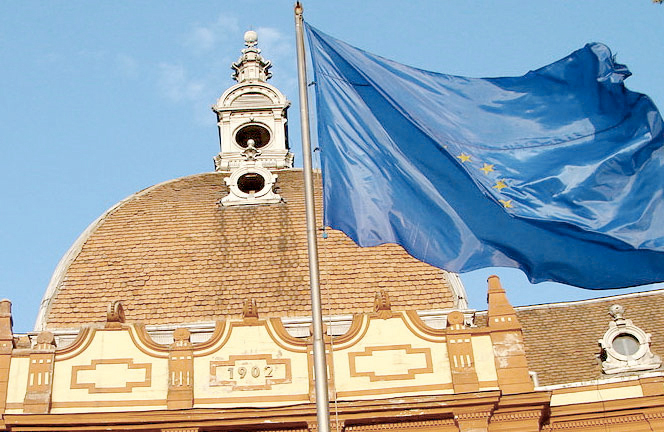
The EU has one of the toughest genetically modified food regulations in the world and the cultivation of GM crops is only allowed following a thorough risk assessment.
The Council has agreed to a proposal to give member states more flexibility to deal with GMOs on their own territory. MEPs will debate the proposal and vote on it on Tuesday morning.
MEPs voted to remove the Council-backed idea of a phase of negotiations with the GMO company, and supported plans to allow member states to ban GMO crops on environmental grounds.
Despite the rapid adoption of genetically modified (GM) crops by farmers in many countries, controversies about the technology continue. Uncertainty about GM crop impacts is one reason for widespread public suspicion, the report highlighted.
The results of the study found on average, GM technology adoption has reduced chemical pesticide use by 37%, increased crop yields by 22%, and increased farmer profits by 68%. Yield gains and pesticide reductions are larger for insect-resistant crops than for herbicide-tolerant crops. Yield and profit gains are higher in developing countries than in developed countries.
Is it allowed to grow genetically modified crops in the EU?
Yes, but only once they have been authorised at EU level, following a strict risk assessment carried out by the European Food Safety Authority (EFSA). After authorisation, individual EU countries can only ban the GM product on their territory by using the so-called safeguard clause. They have to justify this decision, showing that the GMO may cause harm to people or the environment.
Are any GMOs already cultivated in the EU and did any member state ban it?
Currently, only one GM crop - insect-resistant maize MON 810 from Monsanto - is grown in the EU. However, some countries - Austria, Bulgaria, Greece, Germany, Hungary, Italy, Luxembourg and Poland - adopted safeguard clauses to prohibit its cultivation on their territories.
Why does the EU want to change the current system for authorising GM products?
Some member states asked for more freedom and flexibility to restrict or prohibit the cultivation of GMOs on their territory. On Tuesday MEPs vote on a proposal to amend current legislation to give member states the freedom to restrict or prohibit the growth of GMOs on environmental grounds other than risks to health and the environment as assessed by EFSA.
Member states could also ban GMO crops on other grounds, such as town and country planning requirements, socio-economic impact, avoiding the unintended presence of GMOs in other products and farm policy objectives. Bans could also include groups of GMOs designated by crop or trait.
